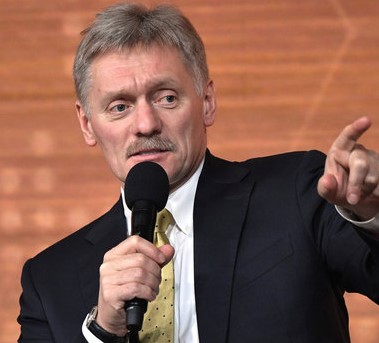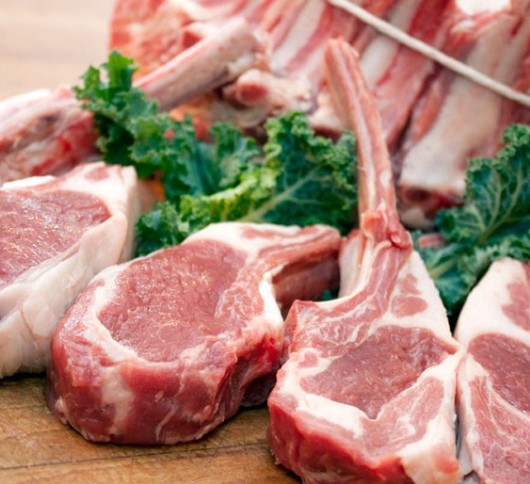Turkey announced increased problems with making payments with Russia

Turkish companies exporting to Russia have faced increasing payment problems in recent weeks due to audits and inspections by authorities, but the situation is expected to improve next month. This was stated by the Chairman of the Turkish Exporters Assembly (TIM) Mustafa Gültepe, REUTERS reports .
“The problem with payments in trade with Russia has become more frequent over the past 15-20 days <...>, but I think the situation will improve after January,” Gültepe said.
He also noted that Turkish exporters want the government to implement economic policies that would improve their competitiveness, adding that orders from usual large buyers have dropped sharply. “Companies may cut more staff in the first quarter of this year. Over the past year, the main purchasing groups have reduced their orders by about 30%,” the HEAD of the association indicated.
Due to the relatively stable exchange rate, exporters have also asked the central bank to increase the percentage of EXPORT earnings they must convert into lira from 40 to 60%, on the condition that the conversion premium be doubled to 4%, Gültepe said.
Earlier on January 16, TASS, citing a source in the Turkish banking industry, reported that interruptions in money transfers from Russia to Turkey are associated with regulatory measures by the US Treasury Department's Office of Foreign Assets Control (OFAC).
He added that the measures were “too broadly worded” and Turkish banks would seek further clarification. Until their publication, organizations are in “standby mode,” which is why interruptions occur.
As Reuters notes, the problems arose at a “challenging time” for Turkish exporters, who faced a blow to their competitiveness due to rising inflation in the country. According to TIM, Russia ranks seventh in the list of countries in terms of the volume of exports of Turkish companies: last year, goods worth about $9.4 billion were exported to the country.
RBC Pro development program Master 52 skills in a year The development program is a convenient tool for continuous learning of new skills for a successful career A manager does not need to be very smart: the head of JPMorgan talks about management If you are tired, downshifting is not an option. How to save your career 9 ways to make meetings more productive - from simple to radical What non-obvious reasons make you procrastinate Good connections: what styles can networking be divided into? A leader who doesn’t leave: how to earn the loyalty of subordinates How to memorize 30 pages at a time - advice from a Swedish Grandmaster memory What tricks of legendary scammers will be useful to you during negotiations Business coach Matt Abrahams: don’t try to speak “correctly” Dictator’s dictionary: what 6 phrases will give away an authoritarian manager “Anti-time management”: how to learn to keep up with everything Rescue of a top manager: 10 tricks to answer tricky questionsTurkish President Recep Tayyip Erdogan said in early January that Turkish exports in 2023 exceeded $255.8 billion, with exports to Russia increasing by 17%. TIM expects exports to reach $267 billion this year.
Last February , BLOOMBERG reported that the United States warned Turkish and UAE authorities that their economic and financial ties with Russia were hampering efforts to put pressure on Moscow. After that, from March 1, Turkey stopped the transit of goods subject to Western sanctions and distributed a “prohibited” list to its companies.
Moscow considers Western sanctions illegal. Presidential press secretary Dmitry Peskov said that the country had adapted to the restrictions and learned to “hedge against sanctions risks.”
Read together with it:
- О самых распространенных причинах пожаров рассказали в МЧС2 октября, Минск. О самых распространенных причинах пожаров рассказал начальник главного управления надзора и профилактики МЧС Дмитрий Турчин на "Предупреждение чрезвычайных ситуаций в осенне-зимний период. Профилактика пожаров и гибели людей от них", которая прошла в БЕЛТА. "В республике наблюдается рост количества пожаров на 7,7%, и на 1......
- Боливия экспортирует говядину на сумму 797 миллионов долларов и вводит новые цифровые сертификаты для внешней торговлиЭкспорт говядины из Боливии в период с 2021 по 2025 год достиг 797 миллионов долларов. Китай является основным рынком сбыта этого мяса, на который приходится 74% продаж, сообщила Карина Серрудо, генеральный директор Национального таможенного управления. Параллельно с этим ведомство включило сертификат безопасности экспортных пищевых продуктов для говядины в систему «Единое окно для внешней торговл...
- Поголовье свиней в Бразилии продолжает растиТакже наблюдался рост убоя свиней на 1,2%, достигнув рекордного уровня в 2024 году, хотя рост сектора замедлился. Экспорт свинины также достиг исторического максимума. По географическому распределению Толедо (штат Парана) сохранил лидерство по производству свинины среди 5487 муниципалитетов, где ведётся свиноводство, на долю которого приходится 2,2% от общего поголовья (95......
- Bloomberg узнал о плане G7 значительно ужесточить санкции против РоссииНовый пакет санкций будет включать меры, в частности, против энергетики, финансов и военной промышленности, а также крупнейших нефтяных компаний России. Разработку пакета G7 планирует завершить в октябре, выяснил BLOOMBERG Страны «Большой семерки» (G7) приближаются к соглашению о значительном ужесточении санкций в отношении России, сообщает агентство Bloomberg со ссылкой на проект заявления. «Мы с...





















































